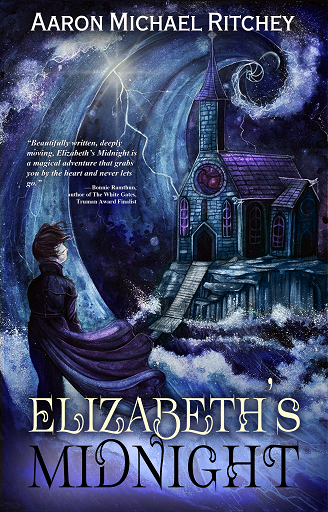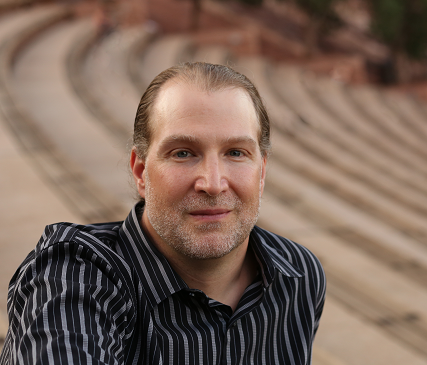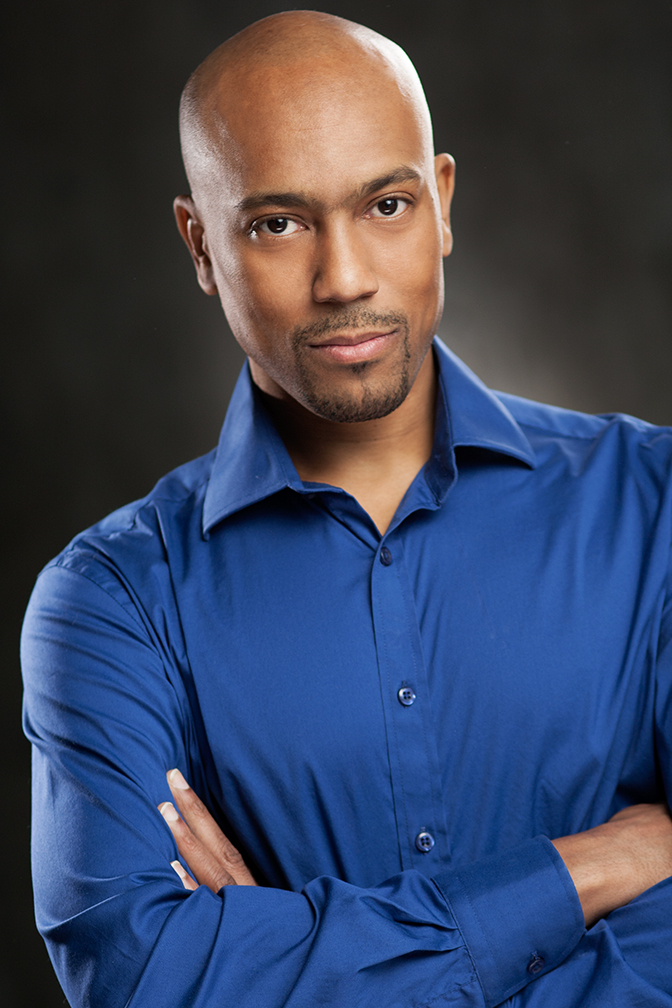When I pitched the topic of “inspiration found in the writing life” to the Fictorians and our guests, I was looking forward to tales of childhood heroes and success. We got some of that, but what I didn’t expect was how many would be brutally honest with the painful parts of their lives too. And yet they did, pushing the month from great to amazing. I’m thankful to them for their frankness and for the opportunity I’ve had to learn a great deal about some of my close friends. I know that I’ve found inspiration in their struggles, courage, and strength. Their stories helped put life into perspective, and many of them spoke to me and my experiences. Here are some of my favorites:
- Early in the month, my good friend Emily Godhand wrote on the importance of sharing personal experience to enhance realism in our stories. In Turing Experiences into Method Acting, she talked about how her description of real world places was significantly improved when she pushed herself out of her comfort zone to actually visit them. More importantly, she showed how she could bring truth to her portrayal of her character’s emotions by being brutally honest with her own pain.
- I also really enjoyed Scott Eder’s post on A Change in Perspective. It spoke to a part of me that learned a very similar lesson working in a harsh corporate job. Life is short and though our dreams may be fueled by passion, it also takes commitment and courage to realize them. Our world is designed to make us think a certain way, but as writers we have a duty to show others the possibilities that they wouldn’t normally think of. To do so, we must first have the foresight to break out of our own cognitive boxes.
- It had already been a very emotional month when Lissa Woodbury Jensen sent me her post. Honestly, I had no idea what I was in for. After all, SF&F Saved My Life is quite a title to live up to. She killed it. If you haven’t had a chance to catch that one, you need to.
- I remember when I almost gave up on my writing career as a late teenager, so I empathized with Kary English’s post On Motivation and the Quest for It. Let’s be honest. Most every writer I’ve spoken to has struggled with self doubt and with the desire to quit. Talking about and sharing our experiences is the only way to diffuse the motivation to keep others writing. Ultimately the punch line of Kary’s post is absolutely right. There’s only two ways to get out of being an aspiring author. Make it or quit. Only you can choose.
- Kristin Luna’s post on Feeding the Foundation was also a delight! Often, I find myself struggling with what questions I need to ask to measure my own progress, but she provides a good list in her usual entertaining manner. Can you answer all six honestly? Are you happy with those answers, and what will you do to change the ones you don’t like?
- In order to end on a high note, I reread Jace Killan’s challenge last. Live Deliberately. It sounds simple, but I know it is something that I’ve struggled with in the past. The reminder that life is for those who choose to live is essential.
July has been an amazing month filled with inspiration and stories. Which were your favorites? Comment below and let us know!
Would you believe me if I told you that August promises to be even more awesome? We’ve been quiet about this so far, but next month the Fictorians will be reaching an important milestone in our history. Our 1,000th post will go live! In a world where most blogs fail within the first year, we’re very proud of our accomplishment. To celebrate, we are doing two things.
First, the Fictorians website will be getting a face lift! Y’all spoke and we listened. Over the past few months, we’ve been working behind the scenes to make our blog more aesthetically appealing as well as make navigation and usability much friendlier. Tomorrow, our new site design will go live. I hope y’all love it as much as we do.
Second, PRIZES! Most of the Fictorians and many of our friends will be giving away copies of our books. Make sure you keep reading in the next few days and we’ll explain exactly what and how. Exciting times are ahead! See y’all next month.



